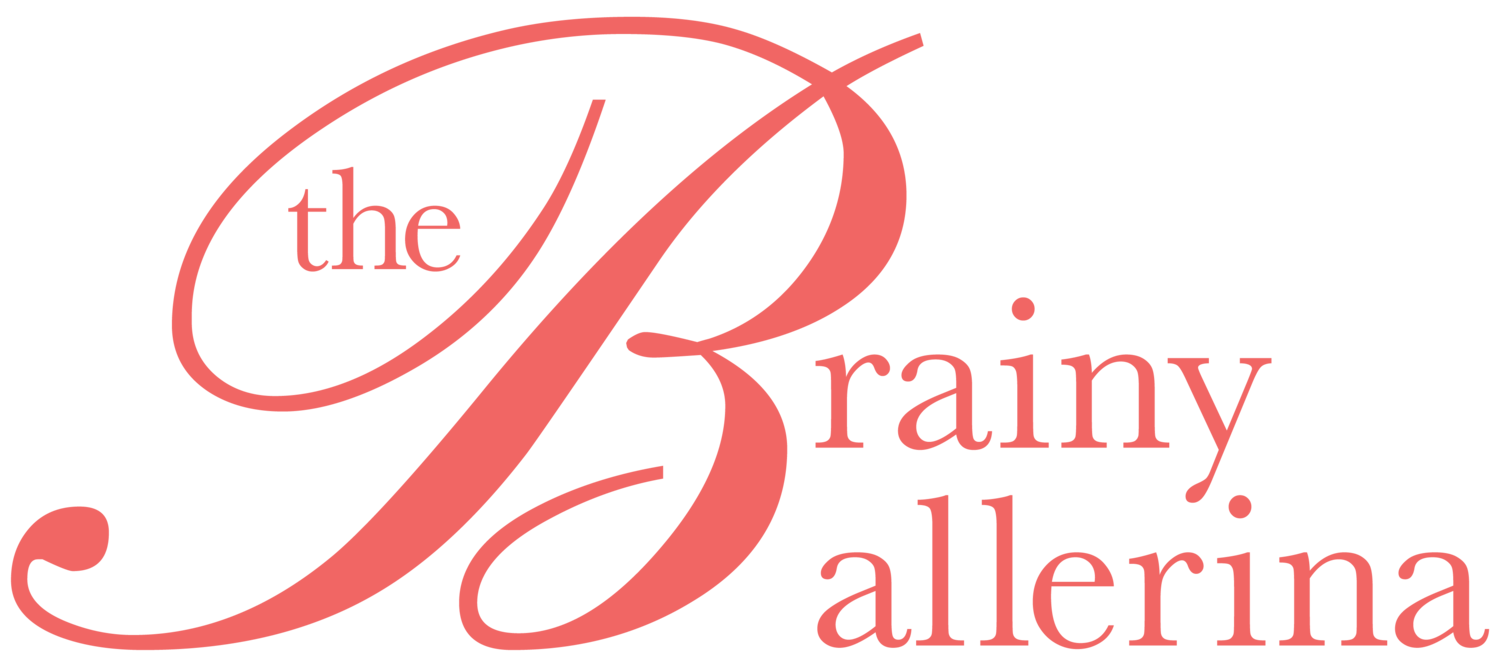The 5 B’s of Building Your Professional Dance Network
Networking is a buzzword that gets thrown around a lot in the dance world. You’ve likely heard how important it is to have a strong professional network, but what does that actually mean? How do you build connections that can help support and sustain your career?
I can confidently say that the majority of my professional work as a dancer was solidified because of a connection I had in the room. In an audition setting, directors and choreographers only get a short amount of time to assess your skills. While technique and performance ability are crucial, a significant part of being hired comes down to whether you are a reliable and enjoyable person to work with. This is where your network comes in—people who can vouch for you, recommend you, and open doors that might not have been available otherwise.
So, how do you go about building a strong professional dance network? Here are my five B’s to guide you:
1. Be Genuine
When forming connections, focus on real human interactions rather than simply seeking opportunities. People can tell when they’re being approached solely for what they can offer. Instead, show a true interest in others. Ask about their work, their experiences, and their passions. When you genuinely connect with someone, a natural relationship forms that may lead to future collaborations.
The best connections I’ve made weren’t about seeking something—they were about making friends. Over time, those friendships turned into professional opportunities because people want to work with those they know and trust. You don’t have to be an extrovert or a social butterfly; simply be open to getting to know others in an authentic way.
2. Be Kind
Kindness in a professional setting means being respectful, considerate, and supportive of others. It means showing up with a positive attitude, treating people well, and being a caring person.
It also means advocating for yourself and others when necessary. Being kind doesn’t mean being a pushover. In fact, having clear boundaries is one of the kindest things you can do because it sets expectations. When expectations are clear, everything feels more at ease and able to do their best work.
Ultimately, if people enjoy working with you, they will want to work with you again—and they’ll recommend you to others.
3. Be in the Community
You can’t build a network if you’re not out in the world. Opportunities don’t always come from auditions—sometimes they come from being in the right place at the right time. Take classes at open studios, attend performances, attend networking events, and put yourself in spaces where you can meet other professionals.
Additionally, let people know what you’re looking for. Say it out loud. If you want a contract, if you’re available for projects, if you’re interested in a particular opportunity—communicate that. People can’t help you if they don’t know what you need.
4. Be Collaborative
If you feel like you’re not getting opportunities, create them yourself. Collaboration is one of the best ways to build your network while also gaining valuable experience.
Find like-minded artists and initiate projects together—whether it’s choreographing, performing, or simply training with others. Collaboration doesn’t have to be a full-scale production; it can be as simple as getting into the studio with a friend to exchange ideas.
If you do collaborate, make sure expectations are clear. Define roles, time commitments, and goals upfront to avoid misunderstandings. Communication is key to a successful partnership.
5. Be Professional
Professionalism goes beyond showing up on time—it’s about reliability, preparation, and attitude. Directors and choreographers want to work with dancers they can count on.
When you are dependable and consistent, you build a reputation that makes people want to work with you repeatedly. This creates a cycle where your network continues to expand because those in your professional circle will vouch for you and pass along opportunities.
Additionally, professionalism means proving to yourself that you are capable and trustworthy. If you set a goal, follow through. Holding yourself accountable proves to yourself (and others) that you are a person who does what they say they are going to do. Actions are more important than intention.
Final Thoughts
Networking is about building mutually beneficial relationships. Focus on what you can offer just as much as what you hope to gain. Support others, recommend fellow dancers for gigs, and be a positive force in your community.
The dance world is small, and artists need each other to thrive. The next time you’re considering how to grow your career, think about the people around you. Who can you uplift? Who can you collaborate with? Who inspires you?
Go out there, be genuine, be kind, be present, be collaborative, and be professional. Watch your network—and your opportunities—flourish.
Meet the Author
Caitlin Sloan is a Dance Educator and Career Mentor based in Madison, WI.
Caitlin received her Bachelor of Arts in Dance from Grand Valley State University and Graduate Certificate in Nonprofit Management from the University of Missouri.
She danced professionally for nine years with companies including Ballet Tucson and Missouri Contemporary Ballet (now Mareck Dance). Caitlin has taught at schools all over the Midwest, most notably serving as Director of The School of Missouri Contemporary Ballet and Youth Company Director for Central Indiana Dance Ensemble. She is currently on faculty at the School of Madison Ballet.
Caitlin founded The Brainy Ballerina® in 2019, a virtual resource providing support and guidance for aspiring ballet dancers. Follow @thebrainyballerina on Instagram for your daily dose of dance career guidance and inspiration.




